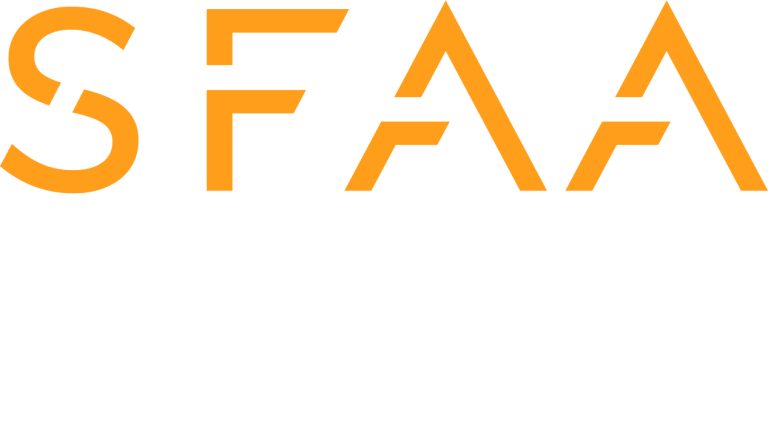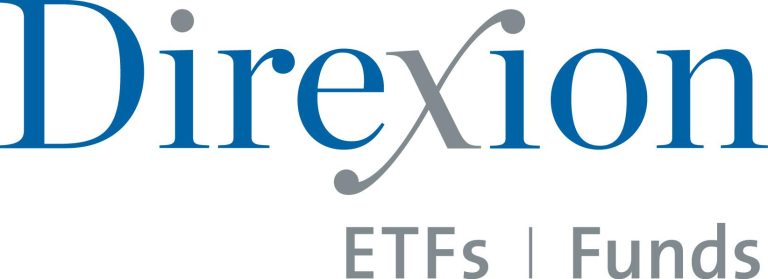
We adhere to strict standards of editorial integrity to help you make decisions with confidence. Some or all links contained within this article are paid links.
Retirement is supposed to be the reward after decades of hard work. Morning alarms, office politics and exhausting commutes … gone. The idea of finally having full control of your time is appealing, and for many, it feels like the finish line after a long race.
But while you may gain freedom, you’ll also lose more than you think. Some losses, like a steady paycheck, are obvious. Others, like a sense of purpose, sneak up on you.
Without a plan — or a big enough nest egg — they can leave you feeling unprepared for what comes next.
Here are five things that tend to disappear in retirement — and what you can do now to make sure they don’t take you by surprise.
1. The financial safety of your paycheck
The most immediate and undeniable change in retirement is the disappearance of a steady paycheck.
For decades, your income arrived like clockwork. In its place are managed withdrawals from retirement accounts, Social Security and any other income sources you’ve set up along the way.
Over 80% of older adults face financial struggles or risk economic insecurity in retirement, according to the National Council on Aging. Inflation worsens this by eroding fixed incomes.
A solid withdrawal strategy, like the safe withdrawal rate (now 3.7%), helps balance spending and preservation. Diversifying income with annuities, rental income, or part-time work, moreover, can reduce financial stress, and help to delay Social Security until age 70, maximizing benefits.
A Home Equity Line of Credit (HELOC) can also offer an extra source of liquidity and financial flexibility at this time. With home values higher than ever, you can make your home work harder for you by leveraging its equity.
The average homeowner sits on roughly $315,000 in equity as of the third quarter of 2024, according to CoreLogic. Year over year, homeowner equity is also up by 8%, for a national aggregate of $17.6 trillion.
With a HELOC loan, you can turn all that equity into tax-free cash, which can be used to pay off high-interest loans. Rates on a home equity loan are typically lower than APRs on credit cards and personal loans, making it an appealing option for homeowners with substantial equity.
Unlock the lowest possible rates in minutes by shopping around with LendingTree. You can compare real loan rates offered by different lenders using their side-by-side comparison tool.
2. Your risk tolerance
When you’re working, taking risks with your investments doesn’t feel as scary. If the stock market dips, you know you’ll keep contributing to your 401(k) or IRA, and there’s time to recover.
But retirement changes the stakes. Market downturns impact your portfolio and how much you can safely withdraw each year.
Market volatility can feel scary, especially when it threatens your retirement income. You’ll need the guidance of a professional financial advisor to navigate through it and help you stay calm.
With Vanguard, you can connect with a personal advisor who will evaluate your progress and ensure your portfolio mix meets your goals and risk tolerance.
Vanguard’s hybrid advisory system combines advice from professional advisers and automated portfolio management to make sure your investments are working to achieve your financial goals.
All you have to do is fill out a brief questionnaire about your finances, and Vanguard’s advisors will help you set a tailored plan and stick to it.
Once you’re all set, sit back as Vanguard’s advisors manage your portfolio. Because they’re fiduciaries, they don’t earn commissions, so you can trust that the advice you’re getting is unbiased.
3. Your frivolous spending habits
Many retirees ramp up travel, dining out and hobbies, leading to what financial planners call the “retirement honeymoon” phase.
While this initial surge in spending may feel like well-earned freedom, tracking expenses and adjusting for different phases of retirement can help ensure financial stability throughout the decades.
However, budgeting like this can be challenging, especially in retirement, when you’re managing multiple accounts and tracking daily expenses at the same time. Monarch Money’s expense tracking system simplifies the process.
The platform seamlessly connects all your accounts in one place, giving you a clear view of your overspending. It also helps you monitor your expenses and payments in real time.
Whether you’re looking to save or simply control frivolous spending, Monarch Money offers the tools to help you succeed. And for a limited time, you can get 50% off your first year with the code NEWYEAR2025.
Even in retirement, you still want your money to keep growing. Make the most of these extra working years by automatically investing your spare change with Acorns.
The app automatically rounds up your everyday purchases to the nearest dollar and invests the difference into a diversified portfolio. This means that while you’re still earning an income, every transaction — from your morning coffee to grocery shopping — contributes to building your retirement nest egg.
Plus, with an Acorns Silver plan, you get access to Acorns Later, a retirement investment account with a 1% IRA match on new contributions. With Acorns Gold, you get a 3% IRA match on new contributions and the ability to customize your portfolio by selecting your own stocks.
4. Your employer-sponsored benefits
Losing a paycheck is tough, but losing employer-sponsored benefits, especially health insurance, can be an even bigger shock. If you retire before 65, you’ll be without coverage until Medicare starts, and even then, gaps in coverage can lead to unexpected expenses.
Having a reliable, affordable insurance policy in place helps protect your retirement nest egg from being depleted by extended medical care expenses, such as in-home care, assisted living facilities, or nursing home care, providing an extra layer of financial security when you need it most.
5. Your perceived sense of purpose
Work isn’t just about earning money — it provides routine, social interaction, and a sense of accomplishment. A study from the National Library of Medicine has linked a lack of purpose in retirement to increased health risks, including depression, cognitive decline, and even verbal memory function.
The best way to avoid this emotional downturn is to plan beyond just your finances. Volunteering, pursuing passion projects or even taking on part-time work can help fill the void.
This article provides information only and should not be construed as advice. It is provided without warranty of any kind.


